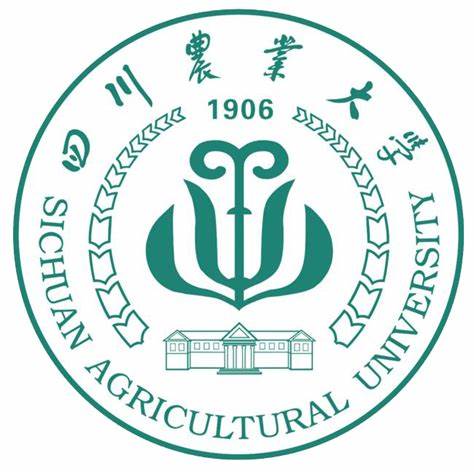A major quantitative trait locus for wheat total root length associated with precipitation distribution
作者: 刁圣轩 审稿人:魏育明 时间: 2022-09-20 点击次数:次
https://www.frontiersin.org/articles/10.3389/fpls.2022.995183/full
Frontiers in Plant Science,13:995183,doi: 10.3389/fpls.2022.995183(2022)
Huangxin Chen,Jiatai Wei,Rong Tian,Zhaoyong Zeng,Huaping Tang,Yanlin Liu,Qiang Xu,Mei Deng,Qiantao Jiang,Guoyue Chen,Yaxi Liu,Wei Li,Pengfei Qi,Yunfeng Jiang,Yun Jiang,Liwei Tang,Yuming Wei,Youliang Zheng,Xiujin Lan and Jian Ma
Abstract
Optimizing root system architecture (RSA) allows crops to better capture water and nutrients and adapt to harsh environment. Parental reproductive environment (PRE) has been reported to significantly affect growth and development throughout the life cycle of the next generation. In this study, 10 RSA-related traits were evaluated in seedling stage from five independent hydroponic tests using seeds harvested from five different PREs. Based on the Wheat55K SNP array-based genetic map, quantitative trait loci (QTL) for these traits were detected in a recombinant inbred line population. Twenty-eight putative QTL for RSA-related traits were detected, covering thirteen chromosomal regions. A major QTL,QTrl.sicau-2SY-4Dfor total root length (TRL), which was likely independent of PREs, explained 15.81–38.48% of phenotypic variations and was located at 14.96–19.59 Mb on chromosome arm 4DS. Interestingly, it showed pleiotropic effects on TRL, root area, root volume, root forks, root dry weight, and shoot dry weight. The functional markerKASP-Rht-D1forRht-D1was used to genotype 2SY population and remapping QTL for TRL showed thatQTrl.sicau-2SY-4Dwas not linked toRht-D1.The kompetitive allele-specific PCR (KASP) marker,KASP-AX-110527441linked to this major QTL, was developed and used to successfully validate its effect in three different genetic populations. Further analysis suggested that the positive allele atQTrl.sicau-2SY-4Dwas mainly utilized in wheat breeding of northwest China where precipitation was significantly lower, indicating that wheat requires longer TRL to capture water and nutrients in arid or semi-arid regions due to deficient precipitation. Additionally, four genes (TraesCS4D03G0059800,TraesCS4D03G0057800,TraesCS4D03G0064000, andTraesCS4D03G0064400) possibly related to root development were predicted in physical interval ofQTrl.sicau-2SY-4D. Taken together, these results enrich our understanding on the genetic basis of RSA and provide a potentially valuable TRL QTL for wheat breeding.


